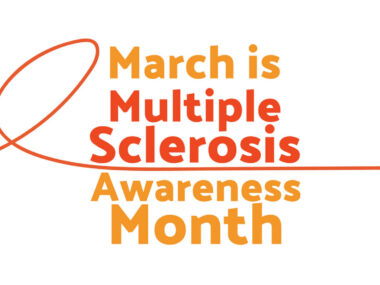US, UK Researchers Collaborate on $10.6M Study to Improve Treatment Regimens for MS Patients
Written by |

Researchers at the University of Nottingham and neurologists at Nottingham University Hospitals NHS Trust in England will be working with a team from the Cleveland Clinic in Ohio to better understand the best therapeutic strategy for multiple sclerosis (MS) patients.
The $10.6 million international clinical trial was one of five selected projects that received an award from the nonprofit Patient-Centered Outcomes Research Institute (PCORI).
A key goal of all the projects is to improve knowledge about therapies to help doctors and MS patients choose the treatment options that best meet patients’ needs, while considering the priorities of the MS community.
In this case, the research team’s goal is to provide an answer to the question, “Does early treatment with aggressive disease-modifying therapies (DMTs) improve the prognosis for people with MS?”
The U.S. part of the trial will be headed by Daniel Ontaneda, MD, of the Mellen Center on the Cleveland Clinic Main Campus in Ohio.
The U.K. arm of the trial will be led by Nikos Evangelou, MD, associate professor of neurology and consultant neurologist, and will be conducted at eight centers across the country: Nottingham, Cardiff, Oxford, Cambridge, Plymouth, University College London, Morriston Hospital, and Royal Gwent Hospital.
The trial is expected to enroll 400 patients in the U.S. and 400 in the U.K., all with diagnosed relapsing-remitting multiple sclerosis.
“The Nottingham team is delighted to have played a role in making this study possible,” Evangelou said in a University of Nottingham news release. “This is a joint effort between neurologists, patients with MS, and MS societies in the U.K. and U.S. coming together to tackle the most important question in MS treatment – how intensive should the initial treatment of MS be?”
“Across the U.K., the variability of treatments used in different centers is staggering,” he said. “This is a reflection of the fact that little is known about how best to treat it and this is what we are attempting to tackle.”
The study will compare the effects of escalation treatment regimens to the stronger available treatments at the start of the disease, called the early highly effective treatment (EHT) approach. Researchers hope to understand which method may benefit the most MS patients.
In escalation regimens, treatment is initiated with a less potent but safer medication and changed to a more potent therapy as the disease progresses. EHT regimens are based on the use of strong, high-efficacy drugs as the first-line of therapy that may trigger rare but aggressive adverse effects.
The researchers will assess functional capacity of the patients in several areas, including cognition, arm and leg function, and vision. The impact of medication on patients’ symptoms and quality of life will also be monitored, as well as potential safety issues associated with the therapies.
The study will give MS patients in the U.K and the U.S. the opportunity to help scientists and clinicians understand more about MS therapies and which medications are best to meet patients’ needs.
“There are more than 100,000 people living with MS in the U.K., and it is vital we find the right treatments for all of them. MS is an unpredictable condition that is different for everyone, making it difficult for people to know how to balance the risks and benefits of intensive treatments,” said Susan Kohlhaas, interim director of research at the MS Society.
“We’re proud to have supported the development of this program through our Clinical Trial Network and look forward to these important questions being answered,” she added.


